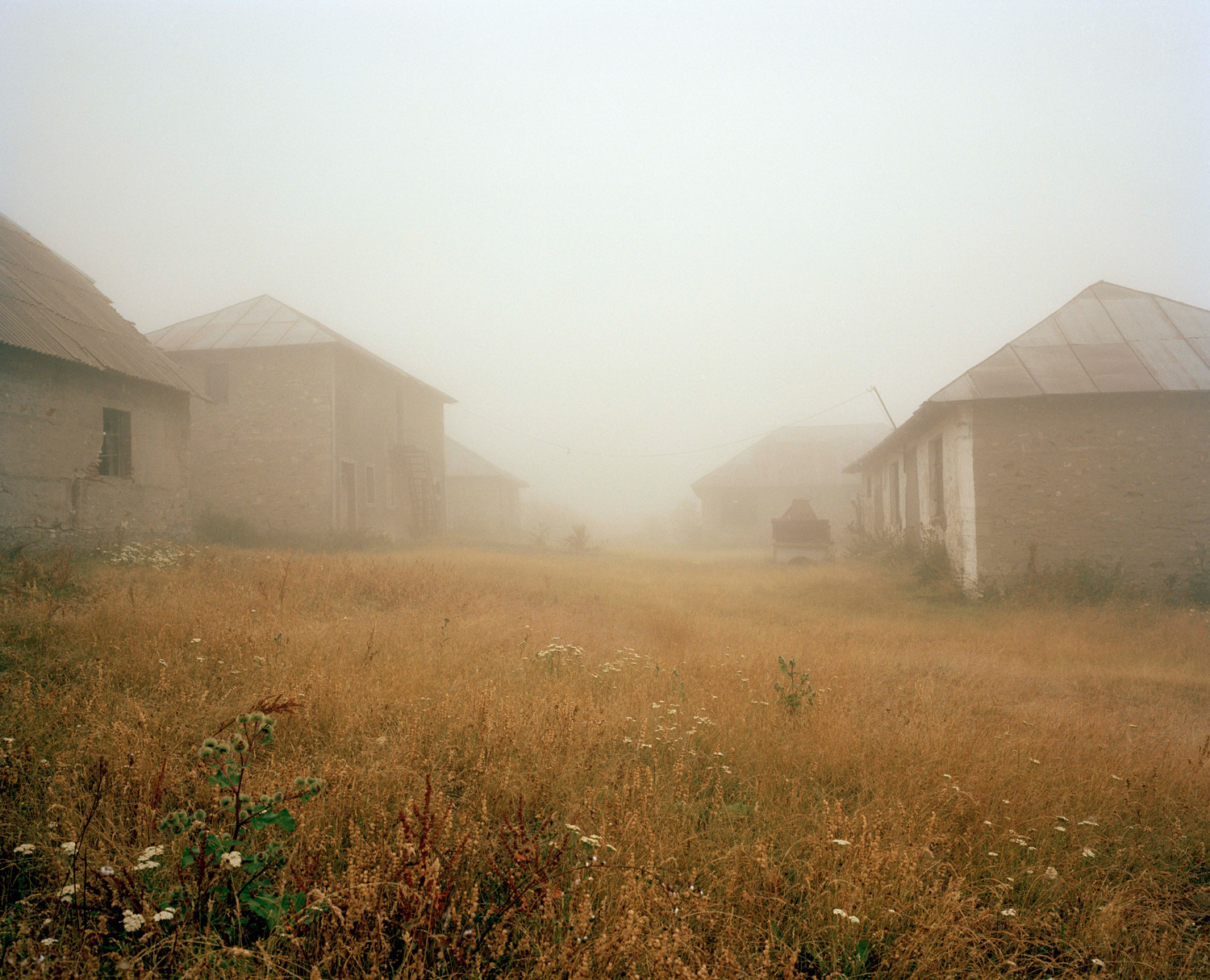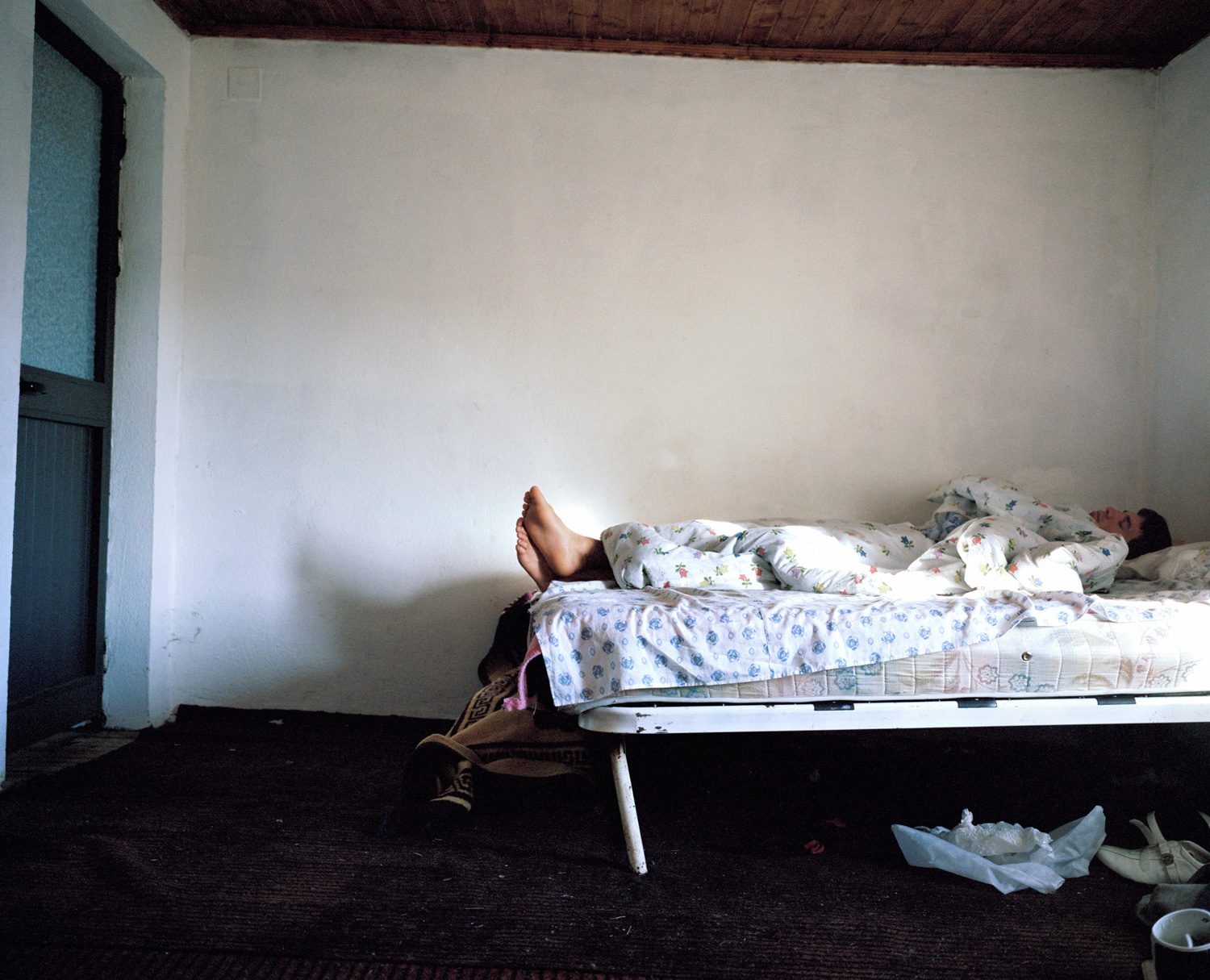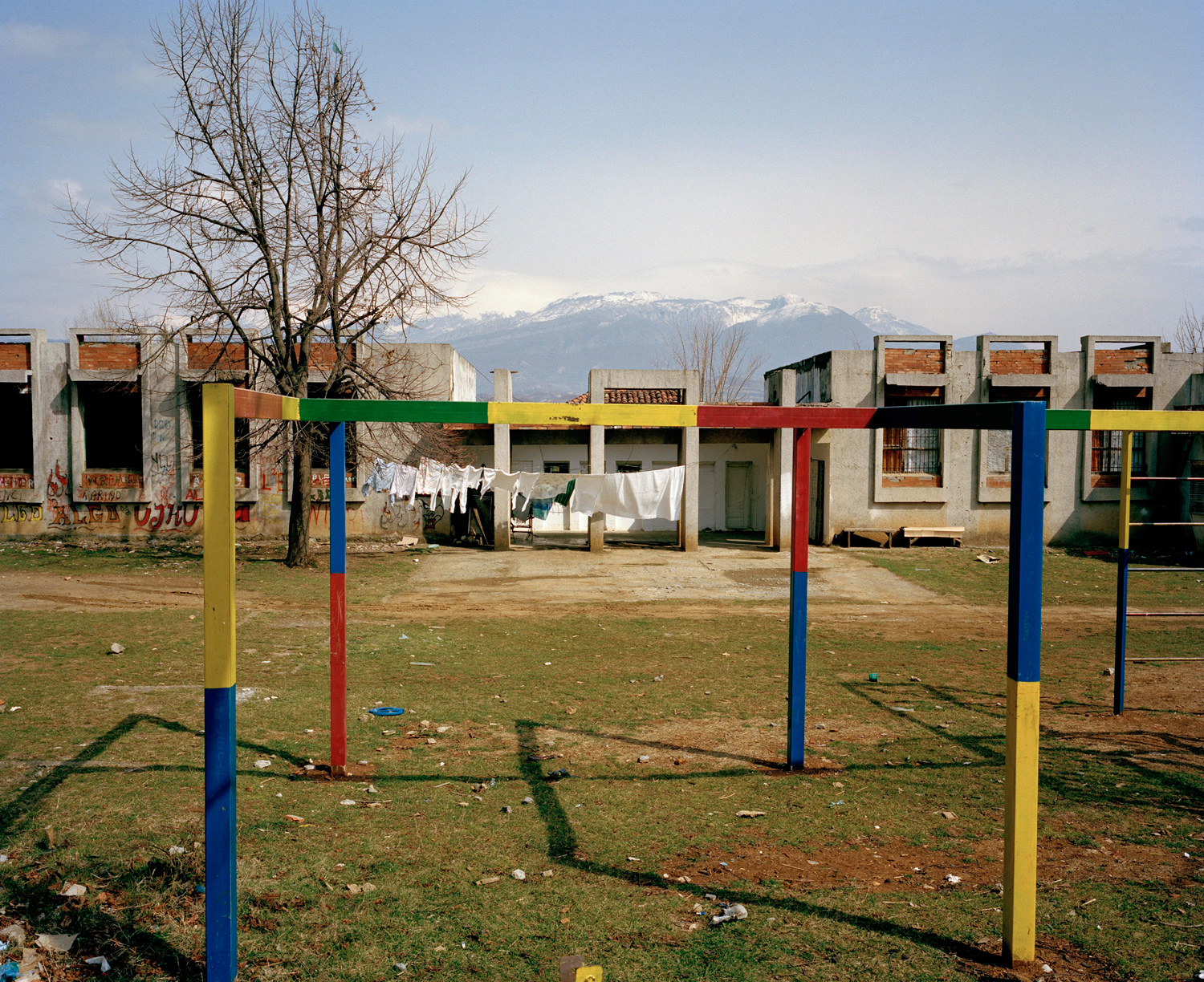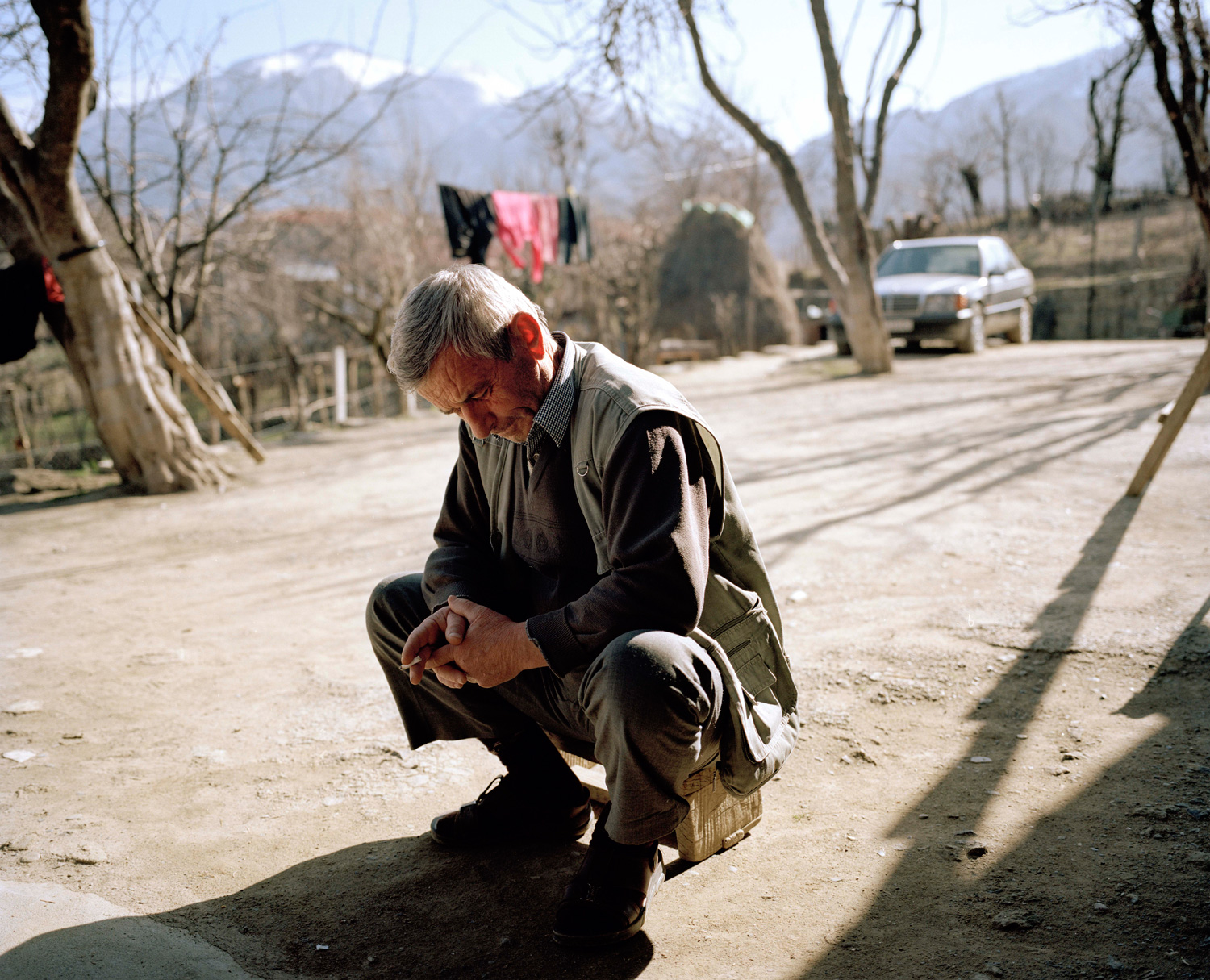Gjakmarrja: Albania's Revenged Blood
The Kanun Code, which spanned the Balkans from the 15th century were a set of customary laws on how people should live their lives. In the early 20th century they were finally transcribed and people still adhere to parts of The Kanun over the Albanian judicial system.
Under The Kanun, Gjakmarrja (literally ‘blood-taking’), allows the revenge of blood feuds in a like for like manner; this means that any male member of the murderer’s family may be targeted for revenge by the family of the victim. During the communist years this tradition was virtually wiped out, but following the regime’s fall, blood feud cases rose sharply.
Hundreds of families still suffer from the effects of these laws, some having been self imprisoned for over ten years. This project followed the mediators who work to reconcile blood feuds and two families that lived in a constant state of suspense and despair, forever waiting for freedom.
The Kanun Code, which spanned the Balkans from the 15th century were a set of customary laws on how people should live their lives. In the early 20th century they were finally transcribed and people still adhere to parts of The Kanun over the Albanian judicial system.
Under The Kanun, Gjakmarrja (literally ‘blood-taking’), allows the revenge of blood feuds in a like for like manner; this means that any male member of the murderer’s family may be targeted for revenge by the family of the victim. During the communist years this tradition was virtually wiped out, but following the regime’s fall, blood feud cases rose sharply.
Hundreds of families still suffer from the effects of these laws, some having been self imprisoned for over ten years. This project followed the mediators who work to reconcile blood feuds and two families that lived in a constant state of suspense and despair, forever waiting for freedom.




















